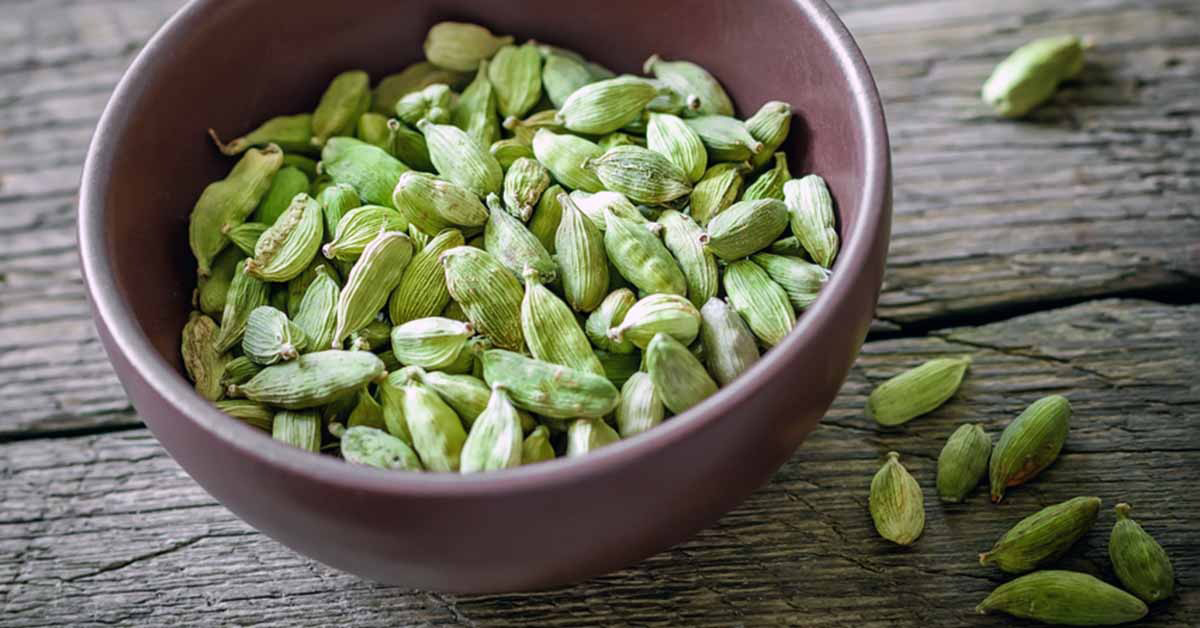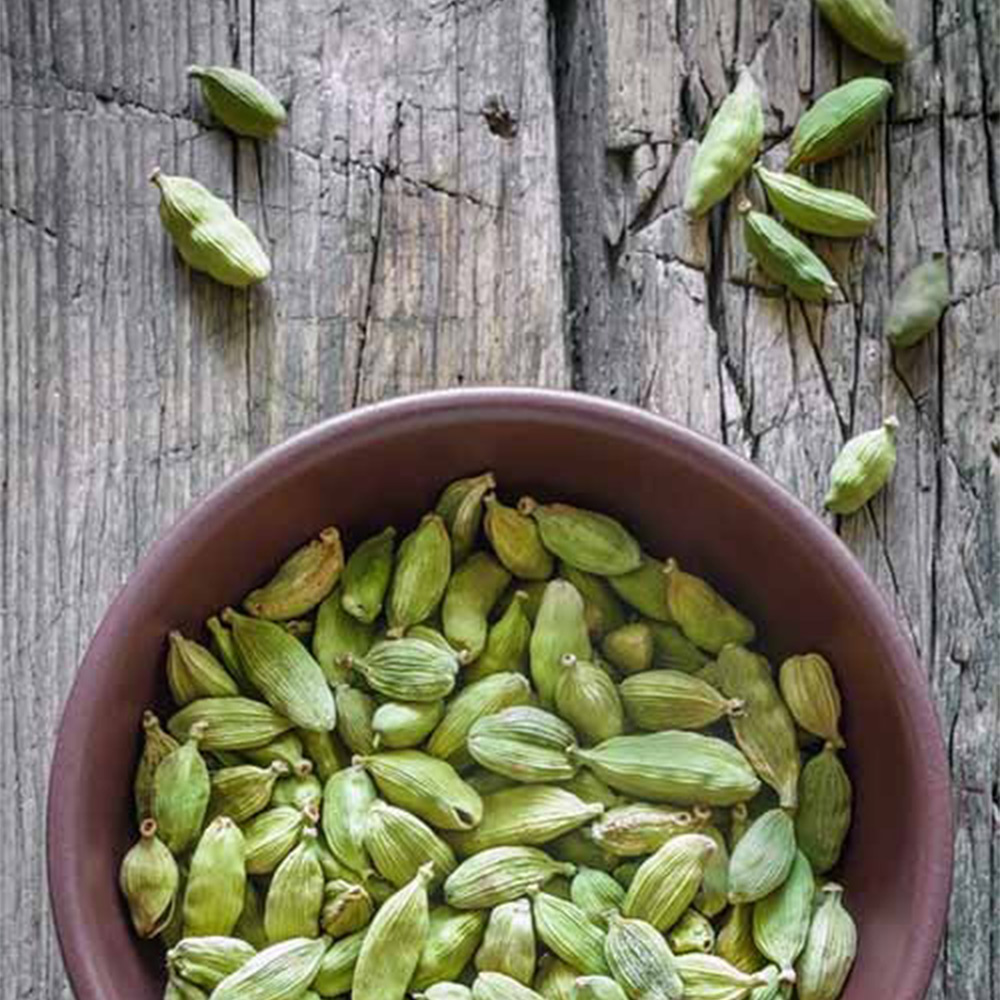WHAT HAPPENS TO OUR BODY WHEN WE CONSUME PROTEIN
The health benefits of it!

A spice that is not so widely known in the field of health but more in gastronomy, cardamom offers multiple forms of positive effects on the human body. It is one of the oldest and most expensive spices on the market.
Cardamom is also widely known by other names such as Cardamomum or Kapuli (Cardamomum). The two main types of cardamom are green and black cardamom. Specifically, green cardamom is widely used in Ayurvedic and Chinese medicine, as well as in Africa and Arabia.
Important references and studies on the therapeutic properties of cardamom were made by Hippocrates and Dioscorides. Therefore, it is not surprising when someone, referring to the treatment of a patient from an illness, says the phrase "he/she has cardamomized."
One of the key properties of cardamom, which has been well-known since ancient times and remains so today, is its ability to treat gastrointestinal disorders such as heartburn, indigestion, nausea, constipation, abdominal pain, and vomiting. It also helps in relieving many muscular spasms associated with the stomach, such as hiccups and spasms in the gastrointestinal tract.
Cardamom is notably used as a natural diuretic, helping to remove toxins and excess fluids from the body. Additionally, it reduces strokes and palpitations or arrhythmias through its anticoagulant properties and supports normal heart function.

It has anti-inflammatory and antimicrobial properties similar to those of ginger. This means that it has the ability to combat numerous bacteria and fungi, and to immediately prevent inflammation in the body after the organism has been exposed to a bacterium or virus.
Cardamom in the form of an extract can significantly reduce the carcinogenic substances found in cigarette smoke and present in the lungs of smokers.
Additionally, studies on animals have shown that cardamom prevents the creation of cancerous and mutated cells, as well as impedes their multiplication when they are already present.
Research from the "British Journal of Nutrition" informs us that cardamom effectively regulates the activity of genes that cause 26 forms of cancer, while the National Cancer Institute has proven that it fights colorectal cancer by up to 50%.
Cardamom positively influences the activity of neurons related to our mental health. It is often used to combat depression and is ideal for men with low libido.
Cardamom is rich in vitamins A, B1, B2, B3, B6, B12, C, D, E, K, sodium, sulfur, iodine, iron, and calcium. Moreover, it can help regulate diabetes and reduce blood cholesterol levels.
Thus, it has a high content of numerous antioxidant substances that protect the immune system. Specifically, the oils of cardamom contribute to the defense of the human body and the prevention of many diseases.
Wild fresh cardamom is preferred over cultivated and dried cardamom in terms of its nutritional value. It is used as a vegetable in raw salads, as an infusion, as oil, and as a decoction.